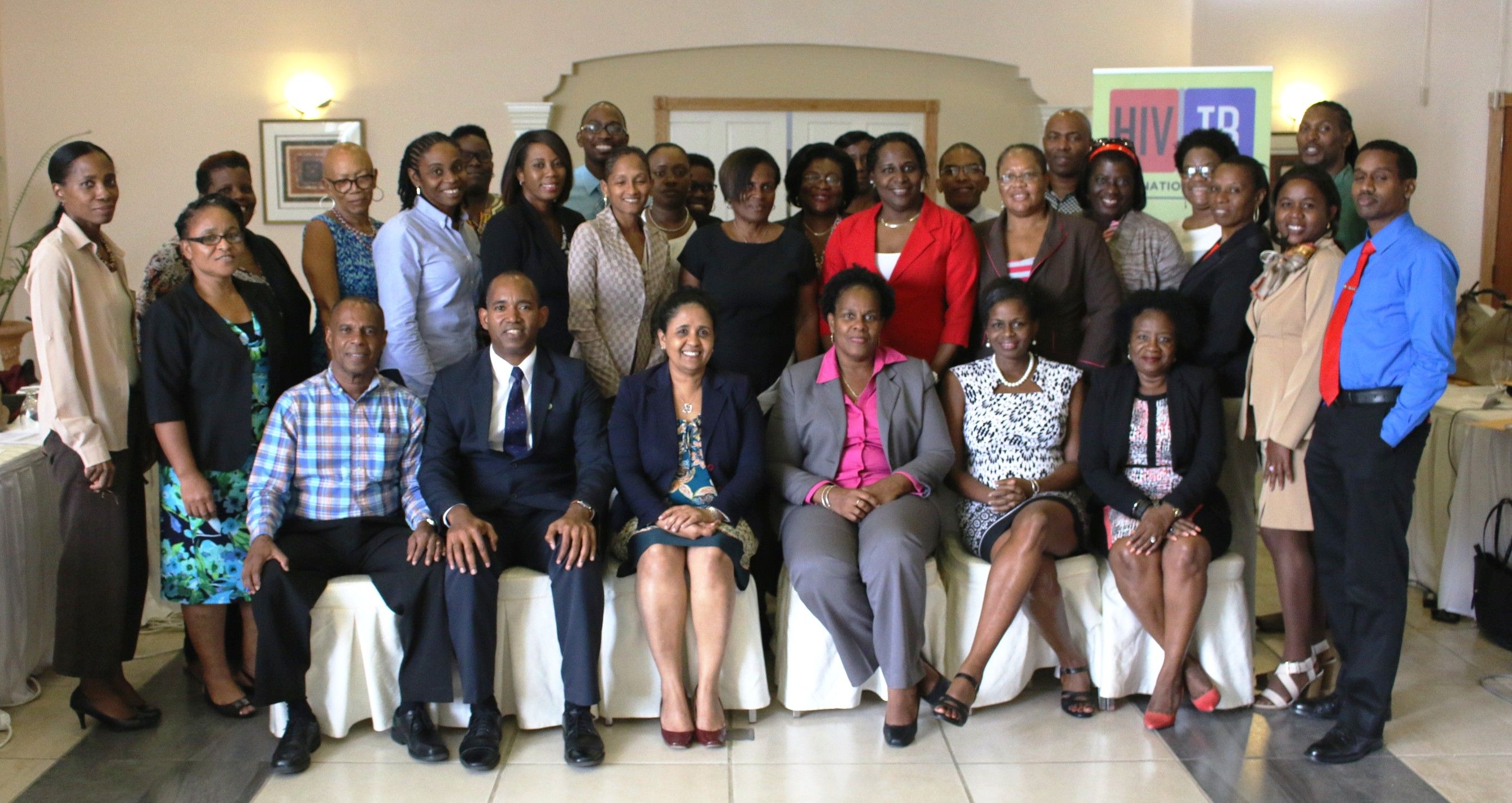OECS commit to elimination of HIV by 2030
Regional guidelines developed to achieve standardised care
Inspired by successes in response to the Human Immunodeficiency Virus (HIV) epidemic in the sub region, coupled with the knowledge and experience garnered in recent years, OECS Member States have signed on to eliminate HIV by 2030, using UNAIDS/WHO 90-90-90 continuum of HIV care targets.
The OECS has stabilised the HIV epidemic in Member States through significant financial and technical support from donor agencies and technical partners. The funding landscape in the Caribbean region and the OECS is changing however, and necessitates a strong structured approach to preserve gains and to achieve even greater success. This approach will entail a concerted effort to reinforce and develop new systems that would increase the effectiveness of the response to the HIV epidemic.
Updating clinical guidelines and procedures, which would augment treatment care and support for people living with and affected by HIV (PLHIV), is therefore crucial to HIV elimination and controlling STIs.
The OECS HIV/TB Elimination Project (HTEP) began this process on June 20-21, 2017 with the first consultation on the Draft OECS HIV/STI Revised Guidelines, which included key technical resource personnel from each Member State, such as physicians, clinical nurses, pharmacists, social workers, National AIDS Programme Managers, representatives of PLHIV and civil society. The group worked in close collaboration with members of the OECS HTEP and an independent consultant, who provided general oversight and specific technical guidance.
Project Coordinator of the OECS HIV/TB Elimination Project, Dr. Cleophas D’Auvergne, said that the consultation targeted a broad cross section of the medical community and persons affected by HIV and STIs to achieve consensus on the best practices in the region.
The meeting sought to assess new recommendations proposed for the OECS, ensuring these are in line with current scientific evidence and World Health Organisation guidelines – a key step toward finalisation of the document. The working group also made recommendations for the dissemination and implementation of the new OECS HIV/STI treatment guidelines in OECS Member States.
Sessions were conducted using a blended approach of didactic presentations and group work to facilitate more in-depth review of the guidelines and to ensure the accuracy and comprehensiveness of the technical content.
The main outcome of the meeting was the finalisation of the Draft OECS HIV/STI Guidelines. The finalised document and its implementation will support improved standardised care and clinical practice throughout the region.


